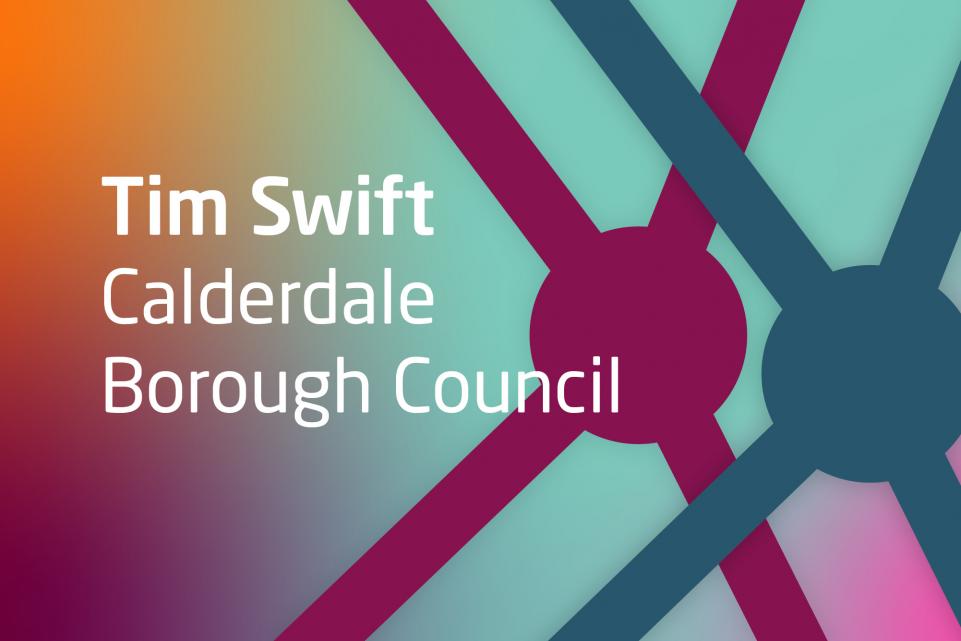Cllr Ian Courts, Leader, Solihull Metropolitan Council
Solihull is actually a fairly small metropolitan council, but with key economic value to the West Midlands region. There are specific industries centred around the area such as the Jaguar Land Rover plant, the NEC, Airport, Birmingham International Station and Solihull will host the first HS2 station outside London. Solihull is one of seven metropolitan councils in the West Midlands Combined Authority led by the regional Mayor, Andy Street.
Solihull was moved from enhanced support to being an area of intervention.
How was your relationship with Central Government during this transition, what was your learning from that and how would advise other council leaders going through this process?
Regionally representations to government have been made largely through Mayor Andy Street, but also through individual council representations and vitally in Solihull through the two local MPs.
Government inevitably looks to the mayor as a representative and leader of the region and inevitably therefore, a lot of the contact has been through Andy Street. This has been successful, although there are some inevitable tensions across such a large and diverse region. Four of the seven Mets are led by Labour leaders, but by and large the authorities have worked together cross-party to deal with the COVID-19 crisis. The seven metropolitan leaders meet regularly, joined by public health directors, who can compare notes on infection rates etc and agree any actions such as communication pieces to help deal with the pandemic.
There is a lot of other collaboration in the region and that collaboration has been a hallmark of Solihull’s dealing with the crisis. For instance, Solihull is also working with Warwickshire and Coventry as a ‘Test and Trace Beacon’ to track the course of the COVID-19 crisis and monitor the data and performance of local testing and tracing. In addition, early on in the crisis, Mayor Andy Street set up an ‘economic impact group’ including business leaders, unions, council leaders and many other stakeholders. This gained a reading of what is going on across the region and the effect of the crisis. This then fed into Government in terms of asks for support.
Like so many others, Solihull was resistant to elevating local alert levels without clear evidence of routes of transmission, on the basis of the real risk of damage to the economy unless the effect on preventing the virus was clear.
A top tip from these interactions across the region and with mayors is that this is really not the time for silo thinking. Working together locally with other public agencies including health and the police in an open and constructive way is essential. The most effective points of communication at every level need to be identified, and relationships built with those key contacts.
What was your learning internally with relationships within your council during this transition, and what advice would you give to leaders on those?
Good core management techniques and teamwork are essential. In Solihull, there is an excellent officer team and leadership, but the demands on them are enormous; there is a need to listen, challenge the data and to get stuck into making decisions to ensure difficult situations are dealt with. What has been learnt in this crisis, is that there is only a certain amount that Government can do centrally – locally, all local contacts and knowledge need to be used to get on and make things happen.
Early on, the sources and instances of outbreak were identified to be able to take action accordingly. This was greatly aided by Solihull’s own test and trace system. Apart from finding out information, staff were also able to give advice on support options in appropriate cases. Likewise, working with police on local advice and enforcement has been key to responding to the virus and dealing with specific outbreak premises.
One of the requirements of a local outbreak plan that is particularly key is that need for democratic oversight. What did your council put in place to ensure that?
It is the leader’s responsibility to be the democratic overseer. In Solihull there is a majority of 1 with other elected members representing the Green Party, Labour, Liberal Democrats and two independent members.
A good relationship and oversight of council action has been achieved through regular briefings for myself and my deputy by our chief executive, as well as opposition leaders’ and full council briefings by the chief executive.
Openness and challenge has been key. One thing that has been clear in this pandemic is that no one has all the answers!
As a councillor you have a very active public facing role in your local community in a uniquely challenging time. What would you highlight from your experiences with community engagement while going through the process of becoming an area of intervention?
Good communications are vital and it is important to decide what role you would like to take in this and be consistent. Weekly messages both from the leader and key officers have been popular. There is a need to be out in the community leading from the front.
At an early stage, a Recovery Plan was drawn up, based on what was needed to support people and business, and who was needed to bring about the action necessary. In the course of this, a programme was adopted of speaking regularly to local businesses, to engage with community stakeholders and understand at first hand the problems they were experiencing.
We also set up a community champions programme, which has become very active. These are key people in our communities who have volunteered to act as advocates, providing accurate information and reassurance to others. As rules have changed over the last few months, they have been a vital resource for us to help inform residents of the latest restrictions and guidelines.
On reflection, what are the top three lessons you have taken from your experience in responding to the local outbreak in your area. Is there anything you would have done differently from what you know now, and why?
- Effectiveness and simplicity of messaging is key – form a good working relationship with the communications team and work with them as best you can to make sure messages do land. This latter point is really not easy!
- Working closely with partners and local people and stakeholders to help shape and deliver the recovery plan and to adapt this as often as possible as the course of the crisis develops.
- Teamwork with colleagues – cabinet and councillors, other elected members, officers and staff – this has never been more important, and to avoid silo thinking. Communities and local people have been magnificent in this crisis and so many have wanted to help. We need to remember, however, that so many are suffering the differing effects of this crisis and need support.
In terms of learning from the experience so far, a key thing to highlight is the importance and value of what councils can do locally. There needs, of course, to be great clarity in setting out what it is you are trying to fix and what can be done locally to do this. The local track and trace effort, for example, has been magnificent and the officer team has been quite remarkable in their efforts.
There is a need to know your strengths but also your weaknesses. Honesty and openness of approach has been an appreciated style of leadership and helps enormously in a management structure at a time like this.
We are developing a sector led improvement programme for councils, bringing local experience as well as making the links between local, regional and national engagement more effective. This is a complex area and we have limited resources. What do you feel the LGA should focus this programme on?
This crisis has taught us the importance of good communication techniques and the need to engage with the public. Training on management techniques, the role of best practice and sounding boards would also be a good way of supporting councils.


